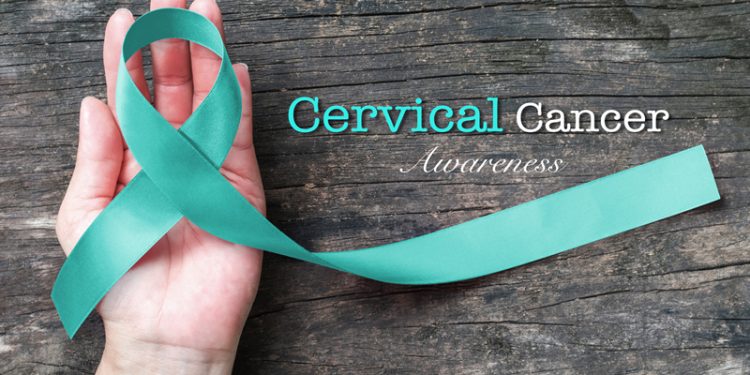The Ghana Health Service (GHS) will launch a vaccination campaign before the end of the year that is aimed at pre-adolescents aged 9 to 14 in an attempt to lower the prevalence of the human papillomavirus among Ghanaian women.
With the alarmingly high incidence of cervical cancer, the goal of this national immunization program is to immunize teenagers prior to engaging in sexual activity.
Dr. Kwame Amponsah-Achiano, the programs manager for the Ghana Health Service’s Expanded Programme on Immunization, stressed the need of administering the two-dose vaccination to every kid.
“Because we have already done a pilot which was to learn lessons, we will roll out a nationwide vaccination, and our focus is usually on young people before they start their sexual debut. So by the end of the year, we should have started the vaccination.”
“While we were doing the piloting, we had to give three doses, then it came to two, and now we are talking of one, but the one dose is also premised on the fact that we need to have a well-established screening, but we are likely to do two doses because that is the best card put forward.”
10.6 million women in Ghana who are 15 years of age or older are at risk of acquiring cervical cancer, according to the ICO/IARC Information Centre on HPV and Cancer. According to current statistics, 1699 women lose their lives to cervical cancer each year, while 2797 women receive a diagnosis. In Ghana, cervical cancer is the second most common malignancy among women overall and among those between the ages of 15 and 44. Information about the prevalence of HPV in Ghana’s general population is currently unavailable. Nonetheless, in Ghana’s home region of Western Africa, an estimated 4.3% of all women are thought to be infected with cervical HPV16/18 at any given time, and 55.6% of invasive






